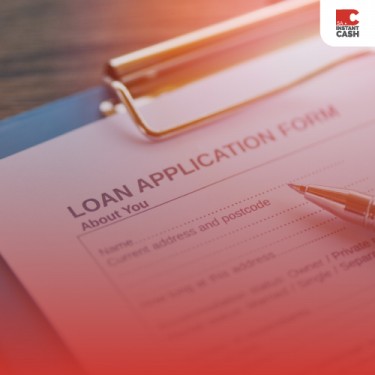


13th Feb, 2023
According to the 4th quarter 2021 Consumer Default Index (CDI) report, 23.1 million South African consumers had at least a credit card loan, home loan, vehicle loan, personal loan, or retail loan account in December last year. So, you might be wondering about these terminologies of secured and unsecured loans.
Unsecured loans are loans in which you borrow money from a bank/third party that is registered as a financial services provider. The loan agreement is usually calculated on a payment term and interest rate, in which you agree to make regular payments until the debt is paid off. Unsecured loans are awarded based on an individual or business credit history and overall credit score.
Unsecured loans can be classed into two categories:
A term loan refers to a fixed-term lending contract with a registered financial services provider, meaning the length of the loan, interest rate and overall cost of credit are signed for and agreed upon ahead of the initiation of the loan. This type of loan requires regular payments at an agreed-upon rate and is awarded and calculated based on an individual or business’s affordability as well as their credit score and history.
Examples of a term loan include student loans and personal loans.
A revolving loan refers to a loan with a fixed amount that can be redrawn once the borrower has paid a certain portion back on the loan. This type of loan also has an agreed-upon interest rate and requires regular payments, but the loan agreement does not end on a specific date. Revolving loans usually have the highest interest rate and are also awarded based on an individual’s credit score, credit history and overall affordability.
Examples of a revolving loan include credit cards, clothing accounts, overdrafts on bank accounts or even a revolving credit facility from a bank.
There are pros and cons to every opportunity. Let’s take examine the pros and cons of unsecured loans:
A secured loan is a loan that can be backed by an asset you own. It can be your property or your car, or anything that has a resale value. These types of loans can be referred to as home loans, vehicle and asset finance or collateral loans.
Home loans, vehicle finance, asset finance and collateral loans are all types of secured loans. However, home loans, vehicle finance and asset finance are different to collateral loans.
A home loan, vehicle finance and/or asset finance incorporate a fixed term loan, with agreed-upon interest rates, payment terms and costs of credit upfront. Should you default on the payment of your home loan, vehicle or asset loan, the lender or bank can repossess the asset and sell the asset off to recuperate the cost of lending.
Home loans, vehicle finance and asset finance are awarded based on a business or individuals credit score, credit history and affordability.
Collateral loans are secured loans whereby lending can occur against a paid-for asset. This type of loan isn’t awarded on a business or individual’s affordability, credit history or credit score, but rather on the asset’s resale value.
Let’s explore and find the pros and cons of secured loans and how they are different from the above-mentioned unsecured loans.
Whether you decide on getting a secured or an unsecured loan, you need to keep in mind that there's a need for an experienced and registered financial service provider that can assist you in getting the loans you need. Instant Cash SA is a registered credit provider in secured collateral loans.
We provide a quick and easy process to get you the instant cash you need to achieve your personal goals or provide you with the funds needed for your business expansion plans. We provide collateral loans on many moveable assets and can even assist you with the sale of your moveable assets.
Contact us today if you need financial assistance to achieve your goals.